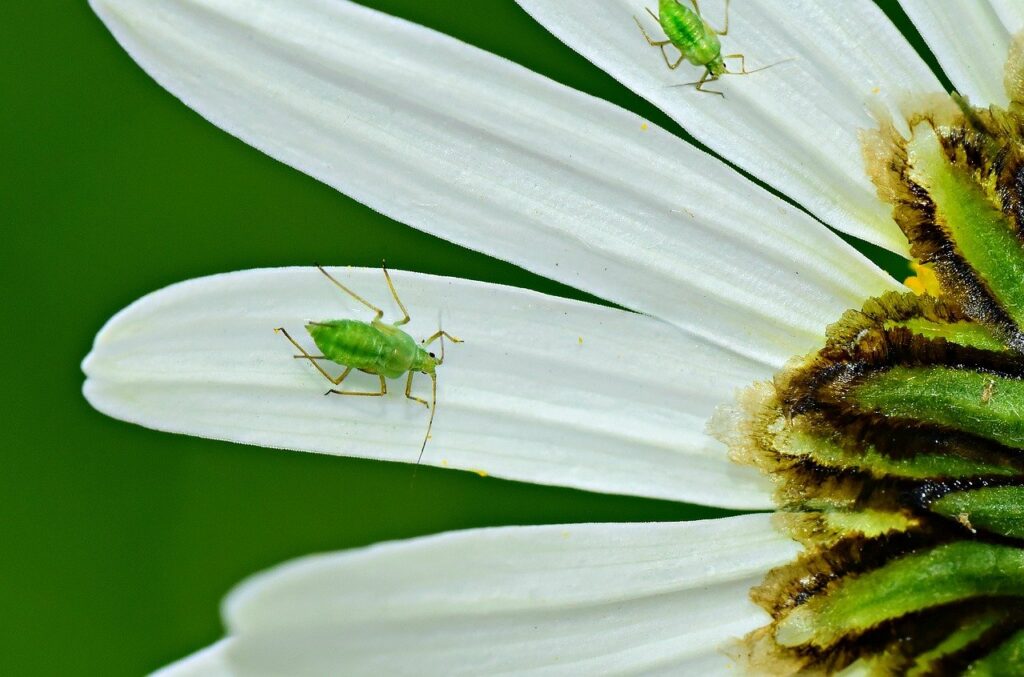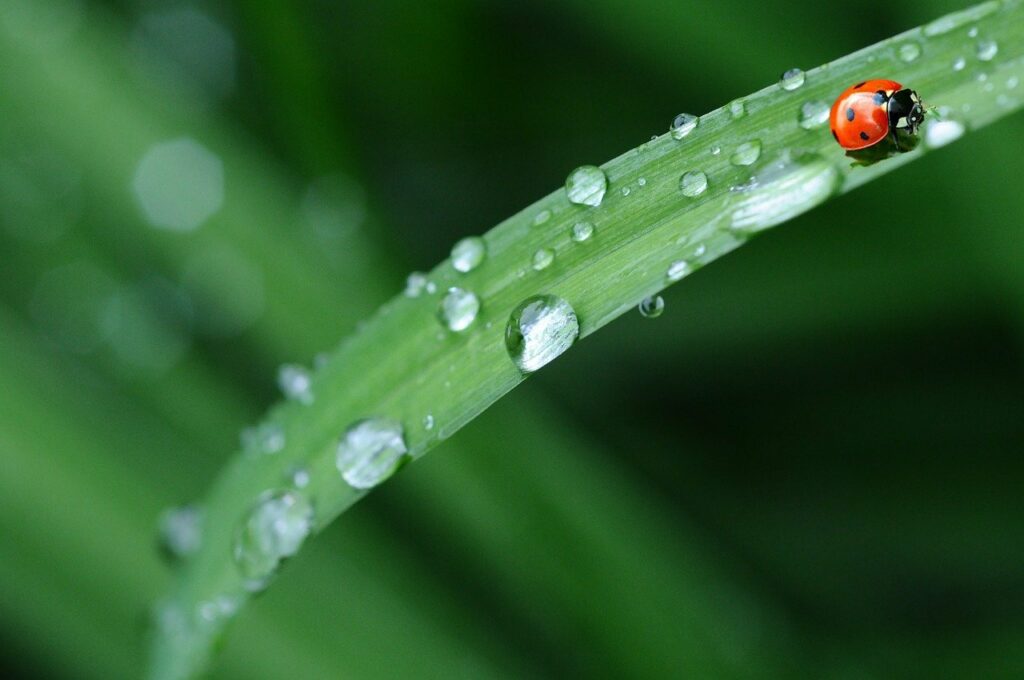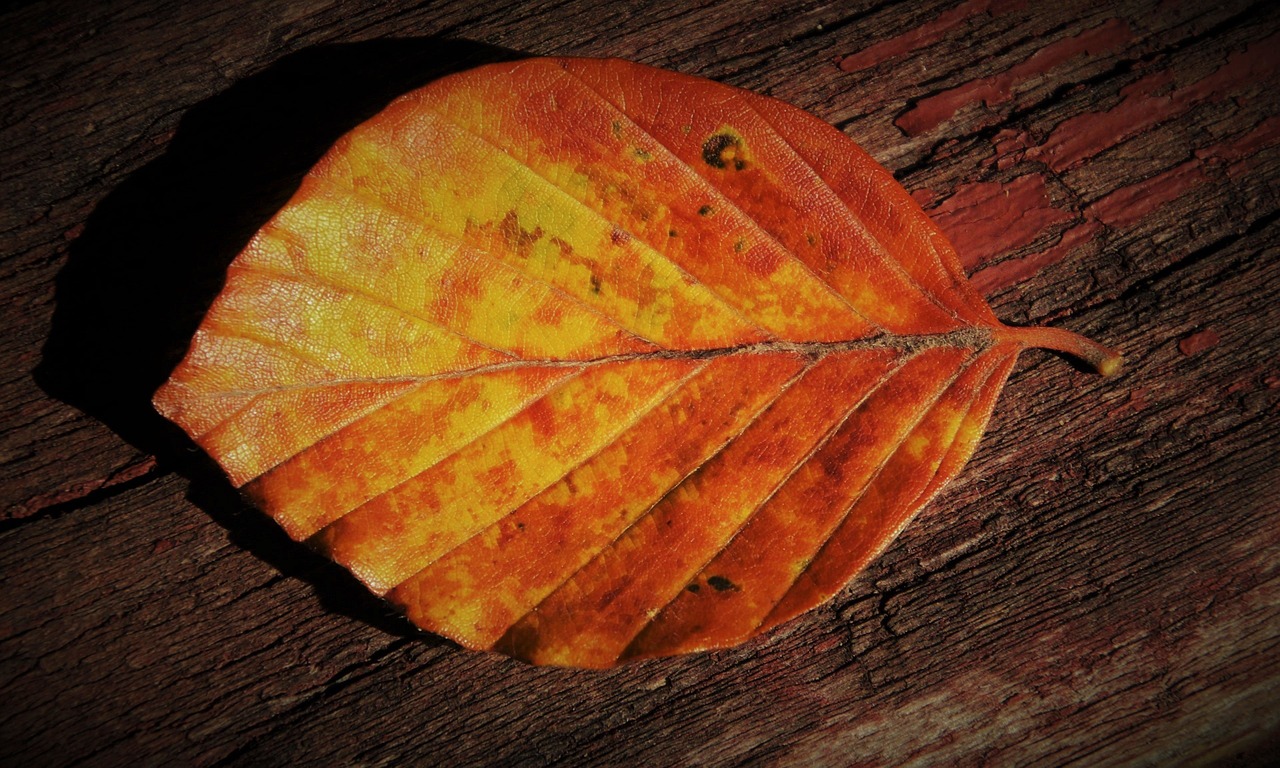Your garden will naturally attract different kinds of insects. Unfortunately, some of these insects are more harmful to your garden than beneficial, especially aphids. These small insects suck nutrient-rich sap from your plants, weakening them and potentially killing them. Here are more aphid damage to plants you should know about.
Aphid damage to plants — what to look out for
1. General weakening of plants
Aphids are considered garden pests. They have needle-like mouthparts that allow them to pierce through plant tissue and suck sap. Plant sap contains vital nutrients and water for your plants to survive and thrive. With the sudden lack of sap, you may start noticing that your plants are becoming generally weak. You may find them discoloring, failing to produce fruit, and growing slowly.
Weak plants are also more vulnerable to garden stressors, such as drought, extreme temperatures, poor soil conditions, pesticides, and poor gardening practices. With due diligence, you can actually minimize the risk of these garden stressors. But there are times when they are just an inevitability, so if your plants can’t handle them, they make weaken even further and die.
2. Stunting of growth
Since sap is basically the life force of plants, the lack of it essentially stunts their growth and potentially kills them. It just deprives the plant of too many nutrients, including amino acids and sugars.
The lack of plant sap doesn’t just reduce the plants’ ability to grow and overall agricultural yield. It also reduces the plant’s ability to produce flowers, which can be problematic if the victim plants are cucumbers, peppers, tomatoes, and other fruiting plants. And if there are no flowers, there is little to no room for pollination to occur, which will then make it more difficult to produce flowers.
3. Vulnerability to diseases and other pests
Garden stressors don’t just involve natural processes like drought and poor gardening practices like under-watering. They also involve third parties, such as pests that are just as destructive as aphids and viruses that can lead to plant diseases.
When your plants are weak, they are more vulnerable to mealybugs, spider mites, whiteflies, and other garden pests. These can make the health of your plants even worse, as these also suck the sap out of your plants. They are also more vulnerable to viruses. It doesn’t help that aphids themselves transmit viruses to crops. Some of the viruses they transmit are the bean common mosaic virus, carrot virus Y, and the sweet potato feathery mottle virus.
4. Development of honeydew and mold
Aphids can’t always process the nutrient-rich liquids from your plants. They release them from their bodies in the form of honeydew. This is the thick, sugary, and sticky film you see on aphid-infested plants. Honeydew by itself is not dangerous, but it can lead to a lot of dangerous stuff.
Honeydew is rich in sugar, so it attracts other pests like ants. It also promotes the development of black mold, which can stunt the growth of your plants.
5. Curling and yellowing of leaves
Plants that have aphids can experience discoloration and disfigurement. They can become yellow because aphids remove chlorophyll, the pigment that gives your plants their green color. They can curl as a way to show stress. The curled leaves can also stick to each other because of the stickiness of honeydew.

You can fix aphid damage to plants
1. Cut off the aphid-damaged leaves and stems
You can’t really “fix” aphid damage to plants. However, you can revitalize plants and make them focus their energies on new growth. One way to do this is to prune off the leaves and stems that have been severely affected by aphids. This way, the plants can move on and promote new growth.
To know which parts of your plants to cut off, refer to the damages enumerated above. But be careful of over-pruning as this is a common gardening mistake. Over-pruning can make your aphid-infested plants even weaker and more vulnerable to garden stressors.
2. Give more attention to garden maintenance
Fertilizing and watering are crucial to the recovery of your aphid-damaged plants. Because aphids suck plant sap, the victim plants are severely deprived of nutrients. Fertilizers and water will help them get back the nutrients they have lost.
However, balance is also essential. You also don’t want to over-fertilize and over-water your plants. Over-fertilizing can lead to excessive foliage growth in exchange for the lack of flower and fruit production. And over-watering can ironically lead to nutrient deficiency and promote the growth of fungus.
3. Get rid of aphids by hand
Get rid of the aphids themselves to avoid further damage to your plants. This doesn’t have to be complicated. You can remove these garden pests by hand. Aphids are small insects that you will often find clustered on the underside of leaves. Wear a pair of gloves and remove them manually. Cut off the severely affected leaves and stems when necessary.
Prepare a bucket of soapy water where you can dunk and drown the aphids once you have manually removed them.
4. Try neem oil as a natural pesticide
You can buy commercial pesticides in garden supply stores and online retailers. Just make sure that the products you are buying specifically say you can use them for aphids. Usually, they have ingredients like imidacloprid and pyrethroids.
If you want to go the more natural route, you can try neem oil. There are commercial pesticides too made of neem oil. But you can make a neem oil pesticide yourself by diluting neem oil in water and spraying it on the affected plants.
5. Attract or buy natural aphid predators to stop damage to your plants
You can prevent aphid damage to plants by not having aphids in the first place. One way to stop aphids from thriving in your garden is to attract or buy natural aphid predators such as lacewings, ladybugs, and parasitic wasps.
These are beneficial insects. They are more beneficial to have around than harmful, so you shouldn’t worry about them thriving in your garden. You can buy beneficial insects in garden centers and retailers that focus on wildlife and supplies.

Aphid damage can kill garden plants
Aphids suck nutrient-rich liquids out of your plants. This can weaken your plants and eventually kill them. You can’t really “fix” aphid damage to plants, but you can revitalize the plants to make them stronger and help them recover faster. And the best “fix” you can really do for your garden is to get rid of the aphids themselves.

